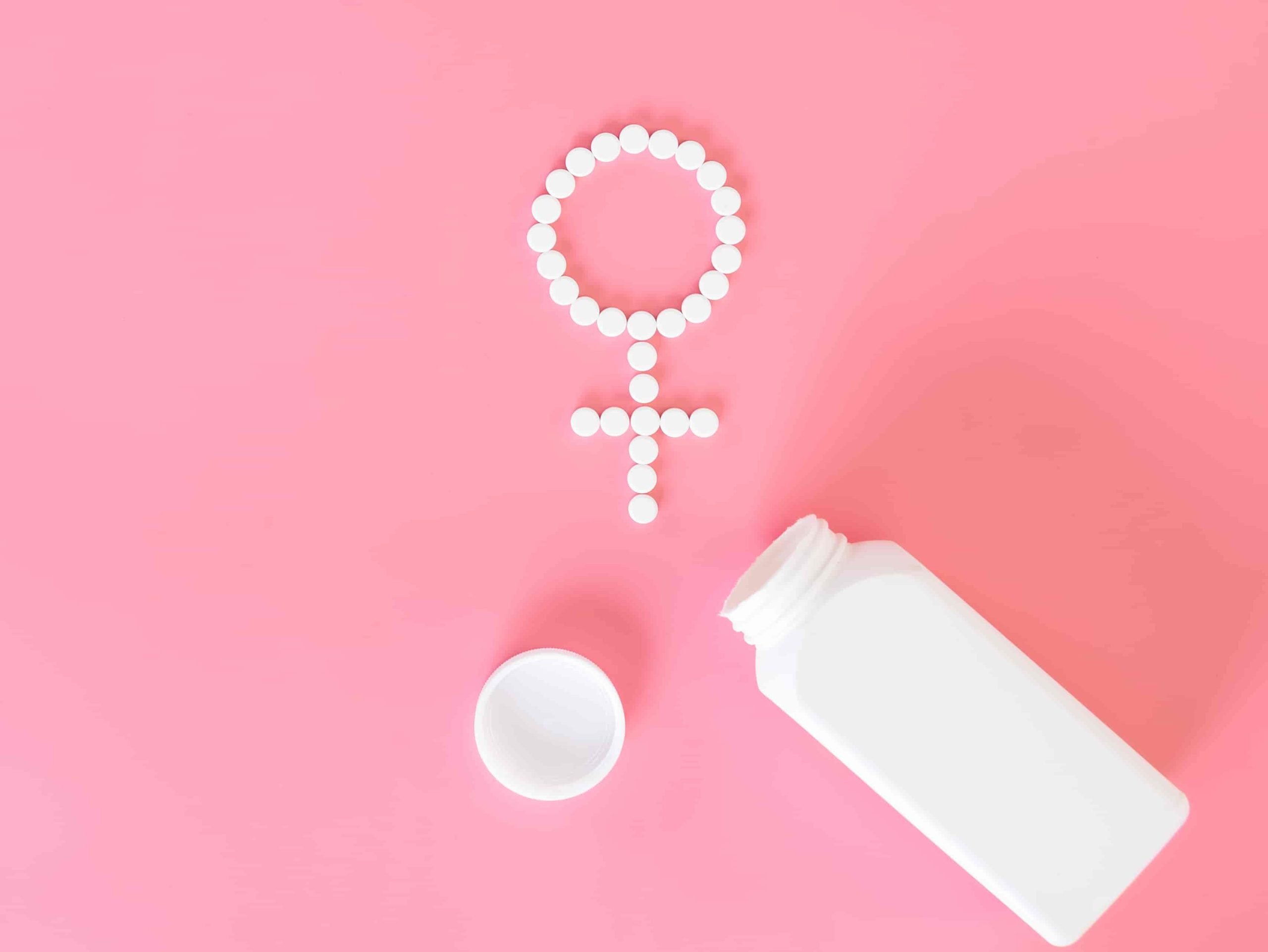Glands in the endocrine system produce hormones. They are powerful chemicals that travel in the bloodstream and are responsible for many of your body’s processes.
When there’s too little or too much hormones in the bloodstream, the slightest hormonal imbalance can cause significant effects throughout the body.
For females, hormone levels fluctuate during puberty, menstruation, pregnancy, and menopause. These periods may cause short-term hormonal imbalance. But for others, they may experience continual hormonal imbalance due to a medical condition or other factors.
Signs and symptoms
Hormones play a significant role in your overall health; thus, an imbalance may result in a broad spectrum of symptoms. But the symptoms you experience depend on which hormones or glands aren’t properly working.
Common signs and symptoms of hormonal imbalance in women include:
- constipation or diarrhea
- irregular menstrual cycle
- infertility
- pain in the abdomen or the back during menstruation
- low sex drive
- insomnia
- unexplained weight gain or weight loss
- bloating
- brittle bones
- hirsutism, or excessive hair growth
- rashes on the skin
- nervousness, anxiety, or irritability
Keep in mind that this is just a general list. Experiencing any or some of the symptoms above do not automatically mean you have hormonal imbalance.
Causes
There are many possible things that can affect hormone production and lead to hormonal imbalance.
Medical conditions
- diabetes, wherein the body does not produce enough of the hormone insulin
- hyperthyroidism and hypothyroidism, conditions characterized by the overactivity and underactivity of the thyroid gland
- Addison’s disease, in which the adrenal glands do not produce enough hormones
- Cushing’s syndrome, in which the adrenal glands produce too much cortisol
- acromegaly, the overproduction of growth hormones
- hyperglycemia, the overproduction of glucagon
- hypoglycemia, when the body produces more insulin than there is glucose in the blood
- solitary thyroid nodules
- pituitary tumors
- benign tumors and cysts that affect the endocrine glands
- congenital adrenal hyperplasia (low levels of cortisol)
- cancers that involve endocrine glands
- chemotherapy and radiation therapy
- iodine deficiency (goiters)
- hereditary pancreatitis
- Turner syndrome, in which females are born with only one functioning X chromosome
- Prader-Willi syndrome
- anorexia
- pituitary gland injury with bleeding and congenital genetic abnormalities in a pregnant person and their fetus
Besides medical conditions, lifestyle, habits, and environmental factors may also affect hormone production. These include:
- chronic stress
- poor diet and nutrition
- misuse of anabolic steroid medications
- exposure to toxins, pollutants, and endocrine-disrupting chemicals, including pesticides and herbicides
Diagnosis
Since the symptoms are diverse and there are also a lot of other conditions that have the same symptoms, the doctor often starts with a physical exam and asks you questions regarding signs that may be related to the condition. .
You may be asked to undergo diagnostic tests, such as a blood test, pelvic exam, and ultrasound, depending on the results of your physical exam.
Treatment
The right treatment for hormonal imbalance depends on what’s causing it. Common treatment options are:
- Estrogen therapy
- Hormonal contraceptive method
- Anti-androgen medications
- Thyroid hormone therapy
- Metformin
Natural remedies
There are nutritional supplements and herbal medicines that claim to treat hormonal imbalances. However, there are no scientific studies that have proven their effectiveness. It’s best to seek a doctor’s advice first before taking any form of treatment or medicine.
Likelihood and symptoms of hormonal imbalance may be reduced by habit and lifestyle changes such as:
- maintaining a moderate body weight
- eating a nutritious and balanced diet
- limiting sugary foods, refined carbohydrates, and processed foods
- exercising regularly
- reducing and managing stress
- practicing yoga or meditation
Final words
Hormonal imbalances are more common during puberty, menstruation, pregnancy, and menopause, and aging. That’s why it’s normal and common for most females to experience at least one or two periods of hormonal imbalance in their lifetime.
However, there are people who experience long-term, irregular hormonal imbalances that may be due to a medical condition that affects the certain glands or the entire endocrine system. It’s best to consult a doctor about long-term unexplained symptoms, especially if they are causing discomfort or are interfering with everyday activities.
Sources:
Osborn, C. (February 9, 2023). Everything You Should Know About Hormonal Imbalance. Healthline. https://www.healthline.com/health/hormonal-imbalance
Huizen, J. (January 11, 2023). What to know about hormonal imbalances. MedicalNewsToday. https://www.medicalnewstoday.com/articles/321486
Stoffel, M. (October 27, 2020). Hormone Imbalance: What are the Symptoms and Treatments?. Madison Women’s Health. https://madisonwomenshealth.com/womens-health/hormone-imbalance-symptoms-and-treatments/
Sruthi, M. (April 13, 2022). What Are the Causes and Symptoms of Hormonal Imbalances in Women?. MedicineNet. https://www.medicinenet.com/causes_symptoms_of_hormonal_imbalances_women/article.htm



